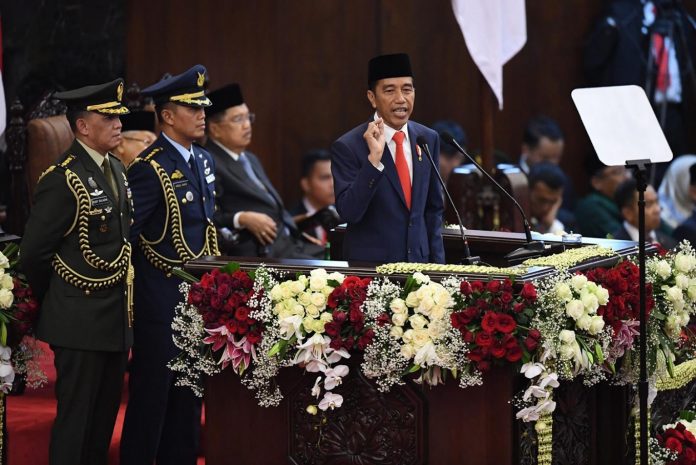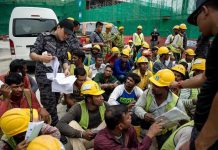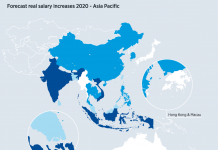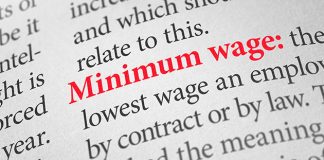Indonesia’s President Joko Widodo was sworn in for his second and final term on 20 October 2019. During his inaugural address, he pledged to take on some of the most outstanding issues being faced by Indonesia. These include contributing to efforts to increase job creation as well as helping the country’s population climb out of the middle income trap.
In addition, he also pledged to develop the country’s human resources, overhaul an inefficient, corruption-riddled bureaucracy, and reform outdated laws that are hindering development in an effort to raise Indonesia as one of the world’s top 5 economies by 2045.
“Our dream, our goal is for Indonesia to get out of the middle income trap by 2045, which marks a century of Indonesia’s independence,” he said following the official inauguration of the country’s president and vice president.
“However, none of that will come automatically, and will not come easily,” he continued. Through government efforts and initiatives, Jokowi believes that Indonesia has the potential to earn its place as a developed country by 2045, with the calculated income of 320 million rupiah per capita per year, or 27 million rupiah per capita per month.
On the other hand, the president also has plans to reform the bureaucracy and resolve the glaring corruption issues within the government. Part of his plan involves downsizing the bureaucracy as well as trimming down the number of civil servants. He also placed much emphasis on increasing investments in job creation, while issuing a stern warning to hi ministers and officials should development goals not be reached.
Much of the problems that arise in Indonesia’s business sector is often attributed to restrictive and outdated laws. Jokowi stated that these regulatory obstacles must be moderated or removed in order to move forward with economic reform.
Yose Rizal Damuri, chief economist at Indonesia’s Centre for Strategic and International Studies (CSIS), said there was a need to reform outdated and problematic regulations, and also to reform the mechanisms and processes that produce new laws.
“Between 2015-2018, around 6,000 regulations were introduced to the Indonesian economy – and we are only talking about central government, not the local governments. What you have is basically a very complicated regulatory framework, overlapping with each other, and also contradictory among different ministries,” said Damuri. He also added that these laws have hampered both local and foreign investments in the country.
Damuri has expressed some concern regarding Jokowi’s ambition or reaching developed status by 2045. He stated that the economy needs to grow 7.3 per cent, in nominal US dollar terms, every year until 2045. Despite acknowledging that this would be a very challenging task, he also said it is not impossible.
Indonesia’s economy is expected to grow by approximately 5 per cent in rupiah terms this year. The country has struggled to grow above 5 per cent in recent years due to soft commodity prices. Stringent investment and employment laws have also deterred businesses moving out of China due to the US-China trade war. By reforming and restructuring these laws, Indonesia hopes to attract investors and boost yearly growth.






















